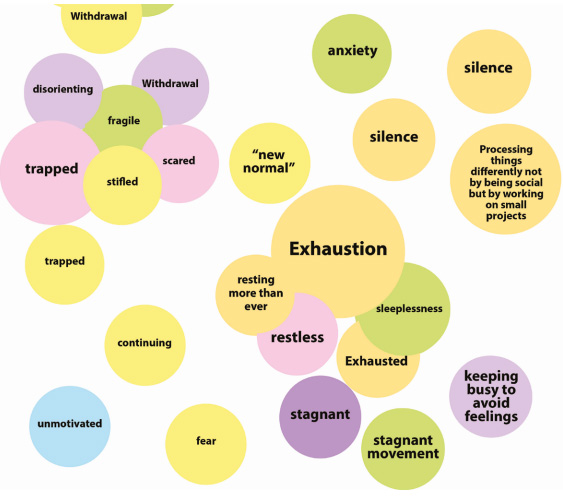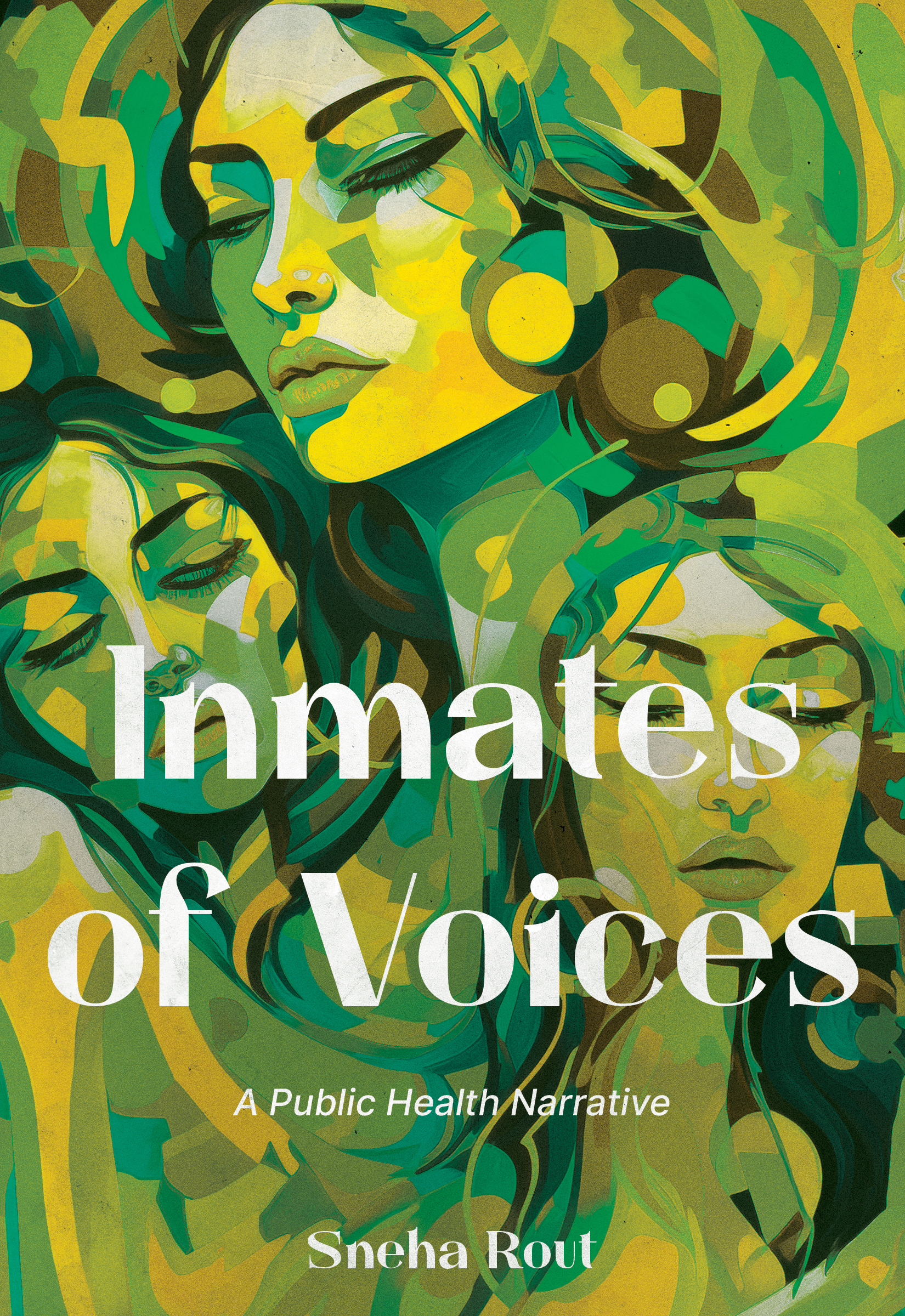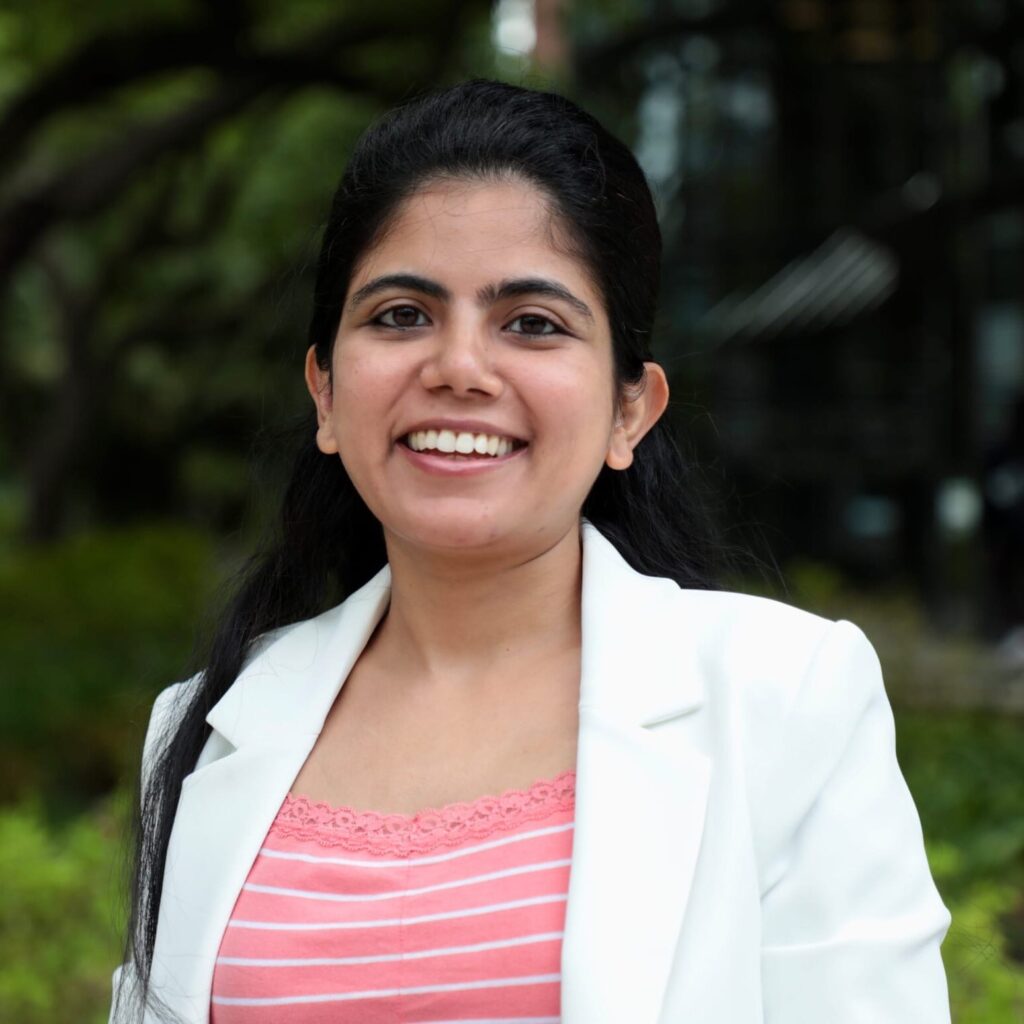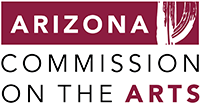I look at lived experiences or stories from the past, including my own, as a testament to how education empowers, especially for women. We may debate the definitions of minority or question why gender so often demands a divide, but the impact of education irrespective of where you belong remains undeniable. In 2021, while living in New Orleans, I came across the evocative oil painting by Norman Rockwell titled ‘The Problem We All Live With’. It depicted a young girl walking alongside the U.S. Marshals for safety, clutching a notebook in her arms. This image piqued my curiosity, leading me to learn more about Ruby Bridges, the girl in the painting. I was deeply moved by her extraordinary story as the first African American child to integrate an all-white elementary school. Her courageous journey sparked vital conversations about school desegregation and the right to education in the American South. Ruby Bridges’ story is not just one of historical significance but also of personal transformation. From a young girl confronting unimaginable adversity, she became a dedicated civil rights advocate, devoting her life to fighting racism. Her journey resonated with me, and I could not help but draw parallels to another remarkable woman—Savitribai Phule, a leading social reformer from India. Phule, born Dalit caste—one of the most marginalized groups in Indian society—boldly challenged the caste-based discrimination that defined her time. As the first female teacher in her community, she defied entrenched social norms. Every day, she carried an extra sari to school, knowing she would face verbal abuse and physical violence, including stones and cow dung thrown at her.
Though they lived in different times and places, Bridges and Phule shared much in common. Both exhibited unwavering persistence in the face of immense challenges. They fearlessly confronted atrocities, yet remained driven by their passion to bring about meaningful change for those most in need. In addition to their remarkable contributions to society, both women were also creative individuals— Bridges is known for writing children's books, while Phule was a celebrated poet. As a poet working in public health, I saw how important it is to have creative outlets to process the challenges we face. Lived experiences, especially today, serve as powerful reminders that creativity, resilience, and passion equip us to confront the world. Each of us has a unique voice, regardless of our background, nationality, or the times we live in. Expressing both struggles and successes is essential in building the courage to navigate life's unexpected challenges. Even more essential, is to find the medium or a tool through which these voices can be heard, for it is through this expression that change—or at the very least, action—begins.
Poetry, for me, in particular, has long been an unconscious tool. It is, however, not only helpful for expressing emotions but also for showing resistance, dissent, and highlighting the issues society often chooses to suppress. Poetry has the power to unleash both anger and love, motivation and hopelessness. It is a practice that we must embrace, for in doing so, we can give voice to what needs to be heard and spark the change we seek. I sometimes hesitate, when people consider it a form of activism because it feels natural. Why frame it as upheaval when poets simply observe and express what is genuine?
When I came to New Orleans from Kolkata in 2019, I was fascinated by how the intersections of caste and racism emerged as a recurring theme in my life. I had traveled outside India for the first time, filled with excitement to pursue my Master's in Public Health at Tulane University. Little did I know that within just a few months, the pandemic would change everything. Although I had always been aware of these issues, experiencing them up close in a city with such a rich art and jazz scene was a transformative experience. Across the Bay of Bengal and the Mississippi, through trams and streetcars, from Rabindranath Tagore to Louis Armstrong, a shared love of culture united these two cities. It brought me back to the poetry I once turned to for solace and reflection and began to openly embrace the idea that our feelings and actions must be shared through this powerful medium. Education and travel was key for me to truly see the world. I came to understand the value of art and the importance of learning about different cultures and history. Art also offered a powerful lens to interpret the past, express the present and imagine the future.
From my years working as a nutritionist focused on the management of severe acute malnutrition from West Bengal to New Orleans, the challenges, while offering valuable lessons, often felt insurmountable and led me to question my passion for public health, as driving meaningful change required immense and relentless effort. This came to a head during the pandemic, when reflecting on the many moments from my fieldwork and contrasting it to the current struggles faced by students like myself. I wrote a poem titled "To Humans Who Own," addressing the issues of overconsumption, food waste, and food insecurity.
All of a sudden you are making space, trying to fill-fit-assemble every rack,
Erasing those magnetic ambition-rust mixed with dried ketchup-reversed-blood spots,
It ain't gonna change our history of letting things die beneath plenty,
I am not your paranoia's answer! You've trashed any possibility with the convenience of new,
You've melted peace in abundance of manufactured vice-crew,
Now neither of your scared in solitude home-cooked dishes appeal anymore,
Nor has nature tired in bravely grilling guts to taste sinless some more.
From this, I realized that through poetry and storytelling I not only could express myself and make sense of the world around me, but that it could also serve as a powerful tool for capturing the lived experiences of those in my community. While working on a project at the Phyllis M. Taylor Center at Tulane University, with Dr. Lesley Ann Noel, we explored the creation of patient-centered and equitable health research using hands-on workshops. Here, poetry was utilized to document the personal experiences of individuals during the pandemic. By applying qualitative research methods, we aimed to understand how the residents of New Orleans navigated the challenges of COVID-19, allowing their voices to be heard in a way that traditional research methods often miss. Exhaustion, sleeplessness, fear, stagnancy, anxiety, lack of motivation, silence, new normal came out as some of the common themes.

Recognizing its practicality and how it perfectly blended with my work, I published my first book of poems, Inmates of Voices. It covers different aspects of public health which requires constant problem-solving, compassion and self-reflection. Many professionals have experienced moments where they find themselves at the intersection of various allied fields like climate change, gender issues, mental health, child rights, and other issues that we may not have initially considered. Using poetry as a medium, I tried demonstrating how navigating through the ever-changing political and administrative landscape impacts both who we serve and those working in the field. With this book, the goal was never about education or empowerment but rather to instill confidence and provide a sense of direction while quietly supporting those in the journey of receiving care.

From my book , the poem ‘Barren’ delves into themes of reproductive health and the struggles of farmers facing hunger amidst crop failure. Here is an excerpt:
Twain equitably forgiving taken for offerings, authority and providence. Every grain of rice that was cooked, took its turn to become.
Another poem explores the stigma surrounding rape survivors, titled ‘Searching a Safe Sun’. It reads:
Incidents happen everywhere, we are told. Sun-dried spices spread around catch my eye, flashbacks of memories from Florida’s sun-filled sky. What keeps the pests, the fears at bay? In spices and sunlight, there is something to say—of safety, of hope, of freedom in a world so fast.
This personal journey has helped me come to realize that meaningful change, even if short-term, emerges from the intersection of passion, resilience, and creativity. The courage of Ruby Bridges, the strength of Savitribai Phule, and countless others whose names we may never remember but whose paths we have crossed, are voices we must reckon with. Through narratives, stories, or poetry, they remind us that our voices, no matter the obstacles we face, hold the power to ignite the transformation we seek. The challenges we encounter in public health, whether in disease prevention or access to essential services demand more than just solutions. They require us to confront deeper societal issues with compassion. By sharing these experiences through poetry and reflection, I’ve learned that healing, both personal and collective, comes from embracing discomfort, amplifying silenced voices, and channeling our passions into action. This journey, shaped by the struggles of those who came before us and the voices we continue to uplift, teaches me that in our shared humanity, creativity is not only a tool for expression but for hope, progress, and lasting transformation.

Sneha Rout is a nutritionist, researcher, poet, and founder of Conscious Writing. From her childhood home in Jamshedpur, India to her academic journey spanning Kolkata and the United States, she brings a rich cross-cultural lens to her work. She holds a master’s degree in public health nutrition from the Tulane School University and is currently pursuing a doctorate in global health at George Washington University. Passionate about the intersection of creative expression and health, Sneha uses poetry to capture lived experiences and amplify marginalized voices. Her journey continues to inspire her commitment to meaningful, inclusive public health engagement.
You can explore her work at: https://www.consciouswriting.net/


©2024. Made with (❤︎) in Yachayninchik